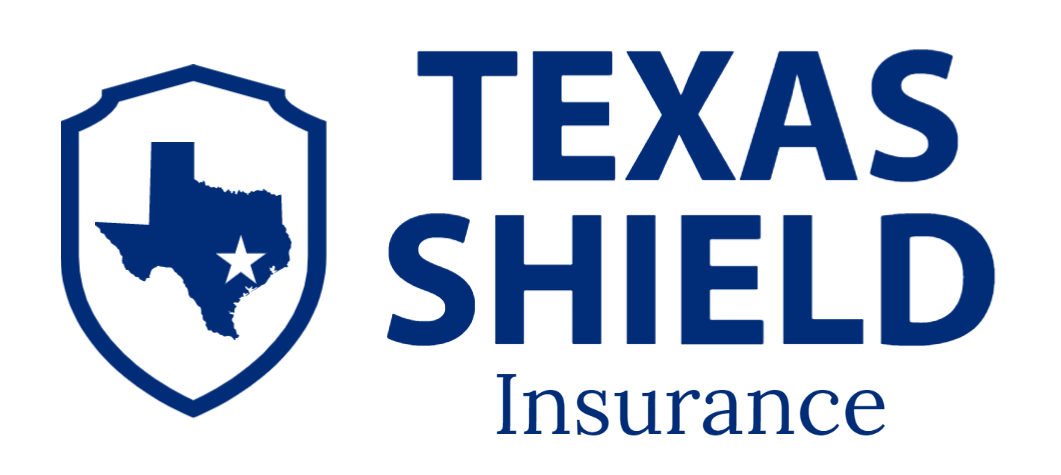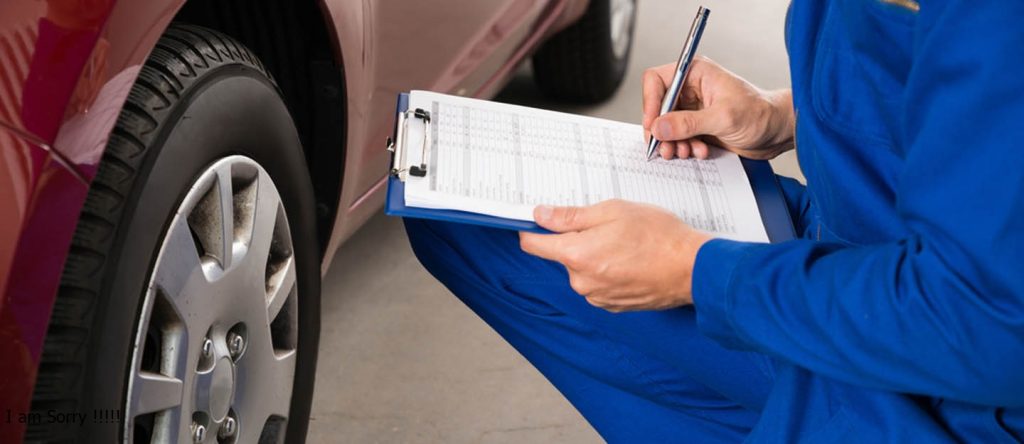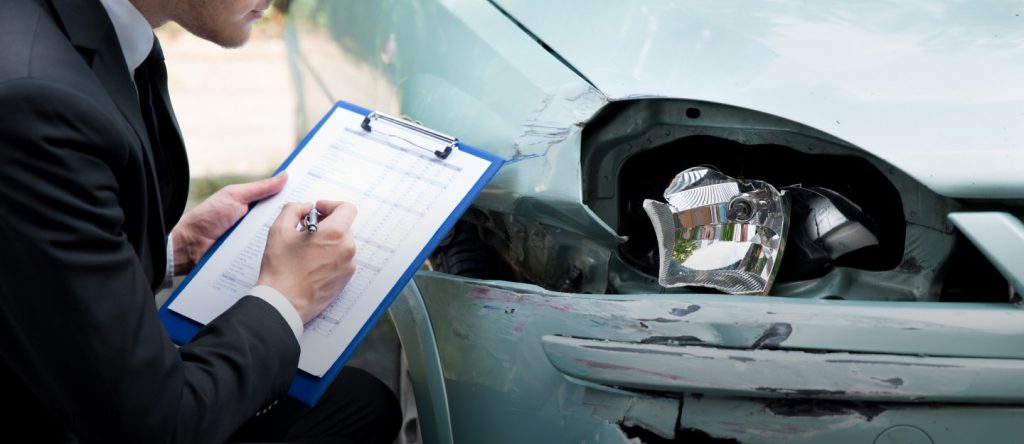Your auto policy will cover you and other family members on your policy, whether driving your car or someone else’s car (with their permission). Your policy also provides coverage if someone who is not on your policy is driving your car with your consent.
Your personal auto policy only covers personal driving, whether you’re commuting to work, running errands or taking a trip. It will not provide coverage if you use your car for commercial purposes—for instance, if you deliver pizzas.
Personal auto insurance will also not provide coverage if you use your car to provide transportation to others through a ride-sharing service such as Uber or Lyft. Some auto insurers, however, are now offering supplemental insurance products (at additional cost) that extend coverage for vehicle owners providing ride-sharing services.






